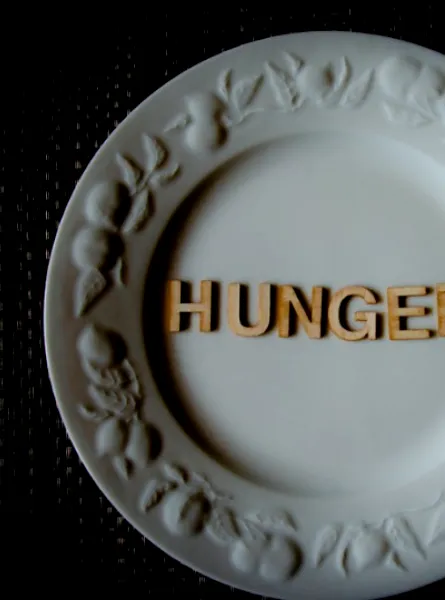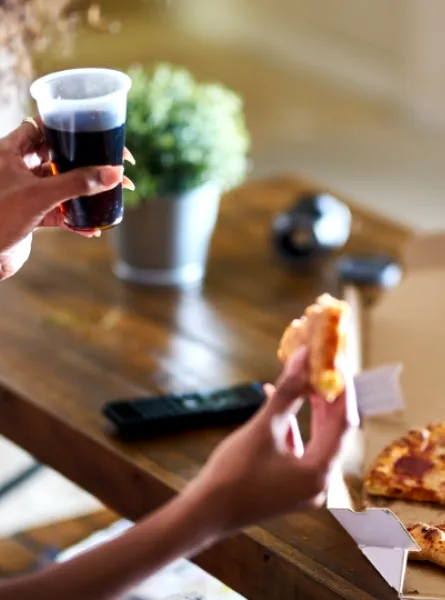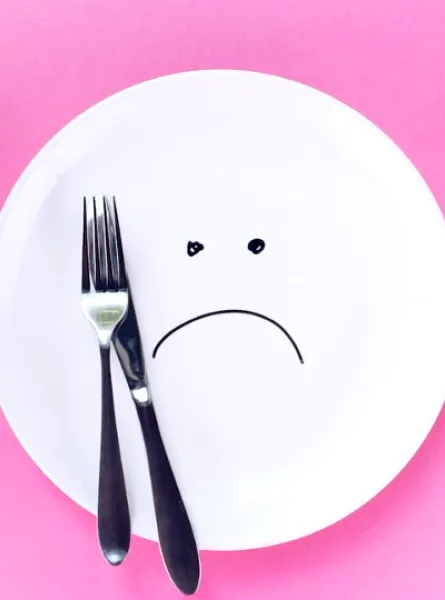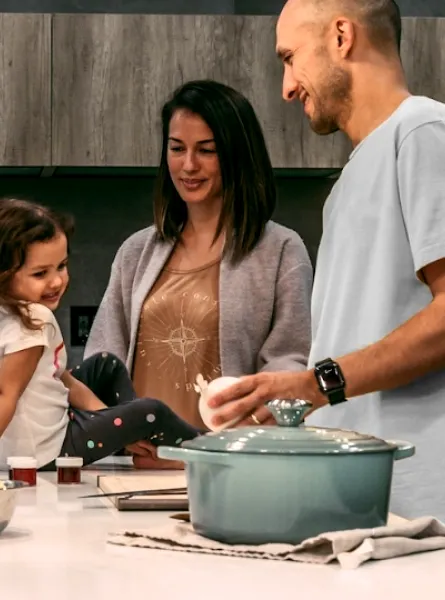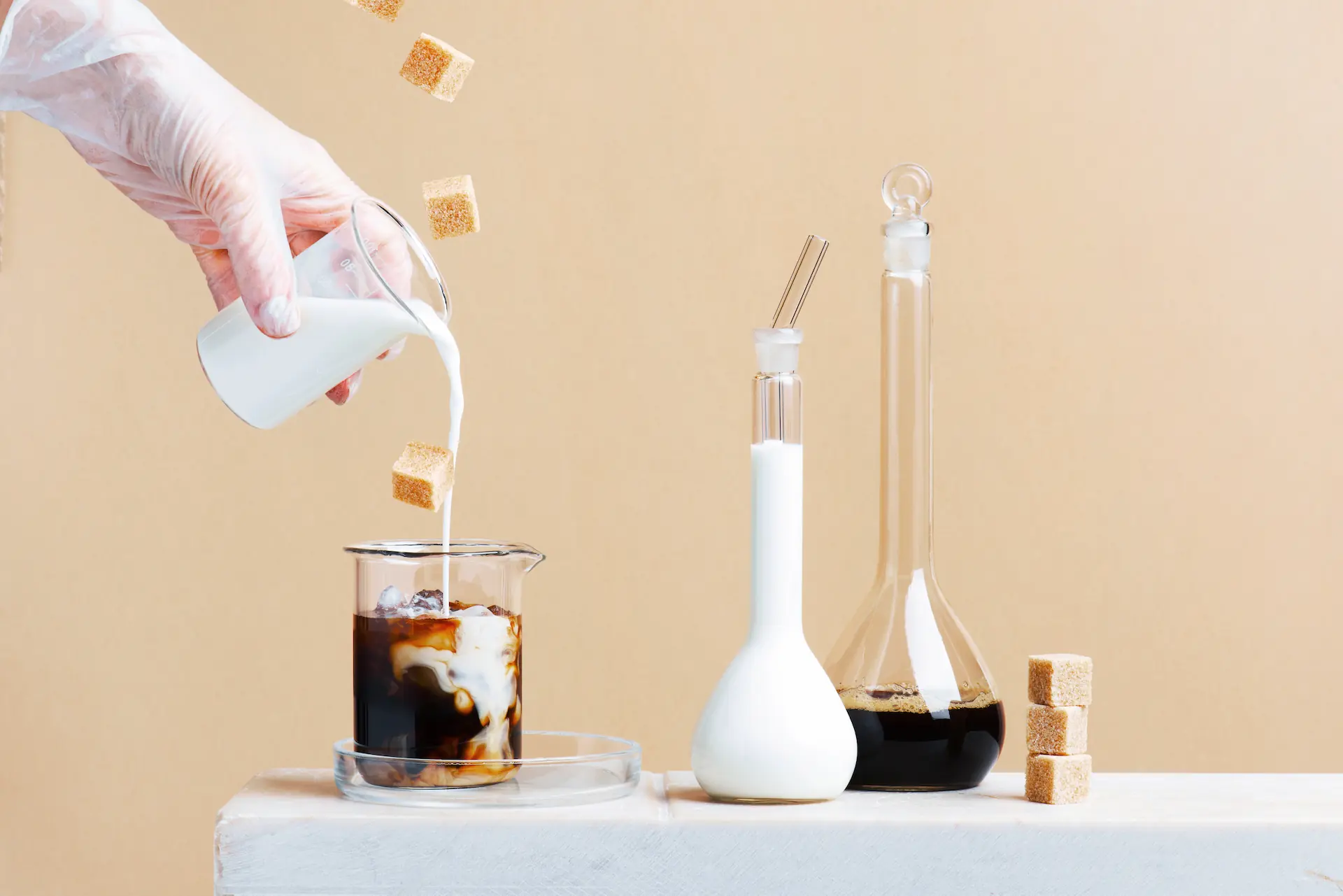
You finish dinner and suddenly crave something sweet. You reach for chocolate, ice cream, or a cookie — and then, almost instantly, guilt sneaks in.
Maybe you’ve always had a bit of a sweet tooth, or you just feel like sugar has more control over you than you’d like.
“Why can’t I control myself? Am I addicted to sugar?”
If you’ve ever felt that way, you’re definitely not alone. But before you start thinking about “sugar detoxes” or cutting it out completely, let’s take a closer look at what’s really going on. The truth is, the story around sugar and addiction isn’t as simple as it sounds.
Is Sugar Addiction Real?
1. What Science Really Says
You’ve probably seen headlines claiming that sugar is as addictive as drugs. It’s an attention-grabbing idea — but the science doesn’t quite back it up.
Animal studies have shown that sugar can activate the brain’s reward system, which releases dopamine — the “feel-good” chemical that responds to pleasurable activities like laughing, listening to music, or getting a hug. That’s why sugar can feel comforting or rewarding.
However, things get more complicated in humans. While some people may experience strong cravings or loss of control around sweet foods, there’s no clear evidence that sugar alone causes addiction the way substances like nicotine or alcohol do.
2. It’s Not Just Sugar — It’s the Whole Package
What’s more likely is that highly processed foods — those that combine sugar, fat, and salt — trigger powerful reward responses that make them hard to resist. Think cookies, ice cream, chips, or pastries. These foods are designed to light up your taste buds and your brain’s pleasure circuits.
So no, you’re probably not addicted to sugar. Your brain is simply doing what it’s wired to do: seek pleasure and comfort.
The Role of Sugar in the Body
1. Fuel for the Body and Mind
Sugar isn’t just a craving — it’s a key source of energy. In the form of glucose, it fuels every cell in the body, especially the brain and muscles. Stable blood sugar levels help you stay focused, energized, and mentally sharp throughout the day.
During physical activity, sugar provides quick fuel. It’s your body’s fast-access energy, ready to support movement and performance when needed.
2. A Natural Part of Human Connection
Beyond its physiological role, sugar also holds social and emotional meaning. It’s part of birthdays, holidays, family traditions, and comfort foods. Sharing something sweet connects people — it can bring joy, celebration, and nostalgia.
The key isn’t to eliminate sugar, but to understand its different roles: as fuel for your body and as a small, meaningful part of life’s sweet moments. When enjoyed with awareness and balance, sugar can have a place in both nourishment and pleasure.
Why You Crave Sugar (Even When You’re Not Hungry)
Ever feel like sugar has control over you? You’re not alone — and there are some very human reasons behind those cravings.
1. The Habit Loop: Cue – Response – Reward
Sometimes, it’s not addiction — it’s habit.
Maybe you always finish dinner with dessert, or grab something sweet in the afternoon “just because.” Over time, your brain links certain cues (like finishing a meal or feeling tired) to rewards (that comforting sweet taste).
Instead of removing the reward completely, try changing the pattern.
For example:
- Start your meal with dessert once in a while — notice how your body reacts and whether the craving changes.
- Delay the sweet moment — enjoy it later as a snack, when genuine hunger returns.
- Replace the response with another positive action, like going for a walk, calling someone, or doing an activity that feels good.
These small shifts help you break the automatic link between the cue and the craving, while keeping room for pleasure and satisfaction.
2. Blood Sugar Ups and Downs
When you eat foods high in added sugar — like soda, candy, or pastries — your body digests them quickly. This causes your blood sugar to spike, giving you a burst of energy, followed by a drop that can leave you tired, irritable, and craving more sugar.
To prevent that rollercoaster, choose slow-digesting carbs such as fruit, oats, whole grains, or starchy vegetables. Their fibre helps release energy gradually. You can also pair them with protein or fibre-rich foods to keep energy steady and reduce cravings.
You could try:
- an apple with cheese,
- roasted legumes such as dill pickle edamame,
- or greek yogurt topped with berries and chia seeds.
Eating balanced meals regularly also helps keep your energy and cravings steady throughout the day.
3. Emotional Cravings
Sometimes, sugar cravings have little to do with hunger.
Stress, boredom, sadness, or even loneliness can send us searching for comfort — and sweets are an easy, instant source of pleasure.
Before reaching for something sugary, take a moment to ask yourself: “What do I really need right now?” Maybe it’s rest, company, or a quick break. If you do choose to eat, do it mindfully and without guilt — awareness, not restriction, is what brings control.
If emotional eating feels hard to manage, talking with a registered dietitian can help you understand your triggers — whether they’re related to stress, habits, binge eating, eating disorders, or other factors affecting your relationship with food. Together, you can find healthier ways to meet your needs without cutting out the foods you love.
How to Rebuild a Balanced Relationship with Sugar
Finding balance with sugar isn’t about quitting cold turkey — it’s about understanding your body, your habits, and what really satisfies you.
1. Eat Regularly
When meals are skipped or too small, your blood sugar drops and cravings tend to hit harder later on. Eating balanced meals every 3–4 hours — including a mix of carbs, protein, and fibre — helps keep your energy steady and prevents that “I need something sweet right now” feeling. Regular eating also makes it easier to recognize true hunger from habit or emotion.
2. Practice Mindful Eating
Take a moment to notice why you want something sweet. Are you hungry, stressed, or just following a routine? By eating slowly and paying attention to flavour and satisfaction, you can enjoy your food more — and often, you’ll realize a smaller portion is enough.
3. Skip the “All or Nothing” Mindset
Cutting out sugar completely can backfire, leading to frustration and overindulgence later. Instead, aim for balance. Make space for the foods you enjoy, but eat them intentionally — not out of guilt or impulse. This approach builds trust with your body and makes healthy eating truly sustainable, both in the short term and the long term.
When to Reach Out to a Dietitian
If managing sugar cravings feels overwhelming or stressful, remember — you don’t have to handle it on your own.
A registered dietitian can help you explore what’s really behind your cravings — whether it’s hunger, emotions, habits, energy balance, or an underlying health condition — and guide you toward strategies that feel realistic and supportive.
Meeting with a dietitian can help you feel more confident around food, enjoy sweets without guilt, and build a balanced relationship with eating that lasts. Through nutritional counselling, you can learn to manage cravings, prevent weight gain, and improve your overall energy and wellbeing.
Book a consultation with a dietitian nutritionist to get personalized support that fits your lifestyle.
Sweetness Without Guilt
You don’t need to “quit sugar” to be healthy. What matters most is finding balance — listening to your body, eating regularly, and enjoying food without guilt.
In the end, sugar doesn’t control you.
It’s awareness, flexibility, and kindness toward yourself that make all the difference.

